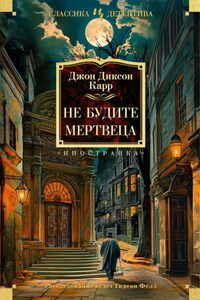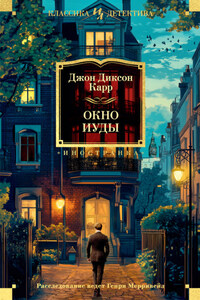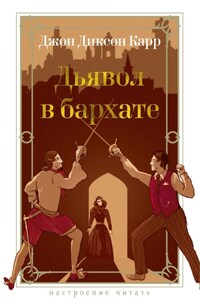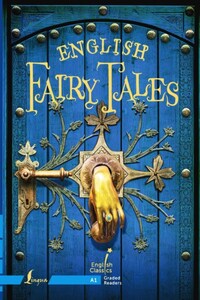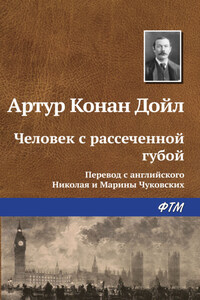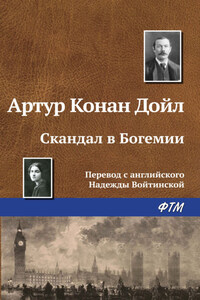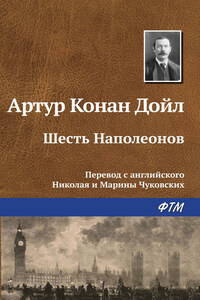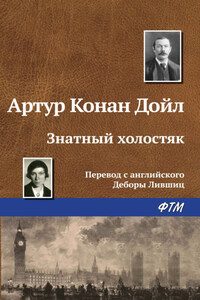“My dear fellow,” said Sherlock Holmes as we sat on either side of the fire in his apartment at Baker Street, “life is much stranger than anything which the mind of man could invent. If we could fly out of that window, fly over this great city, gently remove the roofs and look at the strange coincidences, the plannings the wonderful chains of events, working through generations, leading to the most unexpected results, it would make all fiction meaningless and boring.”
“And yet I am not convinced of it,” I answered. “The cases which come to light in the papers are bald and vulgar. We have in our police reports realism pushed to its extreme limits, and yet the result is, it must be confessed, neither fascinating nor artistic.”
“It seems realistic because facts are selected that way,” remarked Holmes. “The police reports focus on the story itself rather than on details. And to an observer these very details might explain the whole matter. There is nothing so unnatural as the commonplace.”
I smiled and shook my head. “I can quite understand your thinking so,” I said. “Of course, in your position of adviser and helper, you only see the strangest things. But here” – I picked up the morning paper from the ground – “let us put it to a practical test. Here is the first heading upon which I come. 'A husband's cruelty to his wife.' I know without reading it that it is all perfectly familiar to me. There is, of course, the other woman, the drink, the fight, the sympathetic sister or landlady. The most average of writers could invent nothing more average.”
“Indeed, your example is an unfortunate one for your argument,” said Holmes, taking the paper and glancing his eye down it. “This is the Dundas separation case, and, as it happens, I was engaged in clearing up some details about it. The husband didn't drink, there was no other woman. The problem was his habit to throw his false teeth at his wife after each meal. You will agree that it is not an action an average storyteller can imagine. Take some tobacco, Doctor, and admit that I have scored over you in your example.”
He held out an old golden snuffbox, with a great amethyst in the centre of the lid. It was in such contrast to his simple life that I could not help commenting upon it.
“Ah,” said he, “I forgot that I had not seen you for some weeks. It is a little present from the King of Bohemia for my assistance in the case of the Irene Adler papers.”
“And the ring?” I asked, glancing at a remarkable brilliant which sparkled upon his finger.
“This is from the reigning family of Holland but I cannot discuss the case. Not even with you, my friend.”
“And have you any case on hand right now?” I asked with interest.
“Some ten or twelve, but nothing interesting. They are important, you understand, without being interesting. Indeed, it is usually unimportant matters that really need some observation and analysis. It gives the charm to an investigation. The larger crimes are usually the simple ones, for the bigger the crime the more obvious is the motive. It is possible however, that I will get something interesting very soon and this lady will be my new client.”
He had rose from his chair and stood gazing through the window. Looking over his shoulder, I saw a large woman with a large curling red feather in a hat. From under this great armour she was looking up at our window nervously, while her body moved backward and forward, and her fingers played with her glove buttons. Suddenly, like a swimmer who leaves the bank, she ran across the road, and we heard the ring of the bell.
“I have seen those symptoms before,” said Holmes. “Hesitating upon the pavement always means an affair of the heart. She would like advice, but she thinks that the matter is too delicate for communication. And yet, when a woman has been seriously wronged by a man she no longer hesitates. The usual symptom is a broken bell wire. Here it might be a love matter, but the maiden is not so much angry. She is upset. Anyway here she comes to resolve our doubts.”


